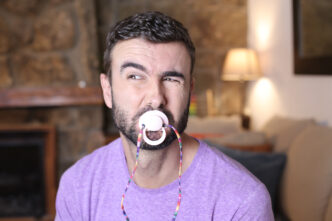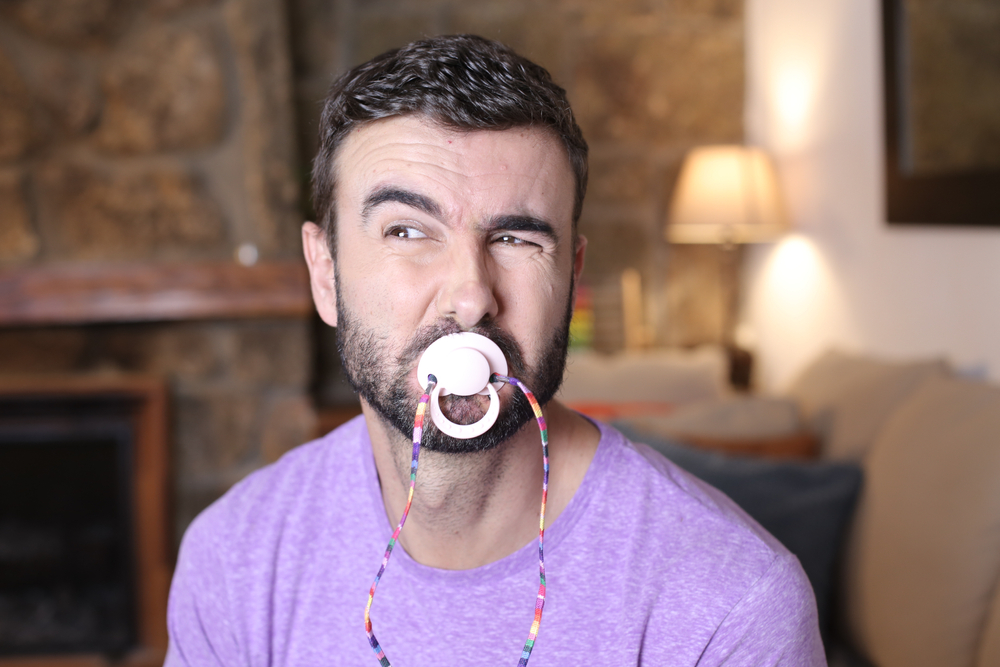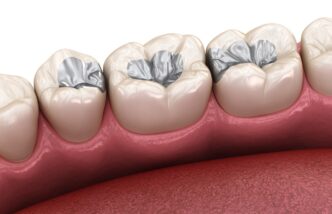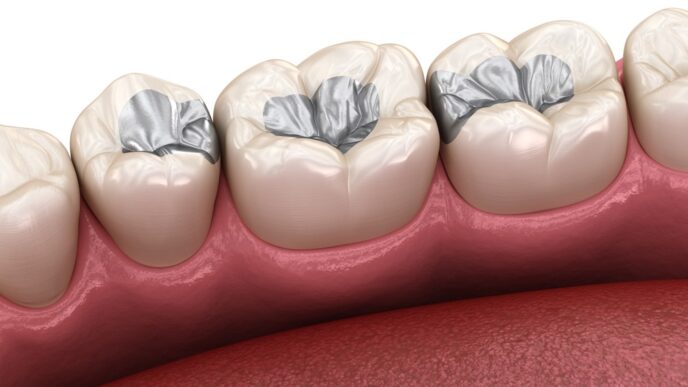From anxiety relief to better sleep, adult pacifiers are a growing trend among Gen Z, especially in China and the US. Dr Lau Lake Koon explains the potential dental and jaw implications as well as shares safer alternatives to manage stress while protecting your smile.
WORDS DR LAU LAKE KOON
 FEATURED EXPERT FEATURED EXPERTDR LAU LAKE KOON Implant and Aesthetic Dentist Koks Dental Surgery |
The fast pace of modern life is taking its toll on many young adults, especially Gen Z.
Balancing careers, social expectations, and personal well-being is no easy task. In search of relief, some have turned to an unusual coping mechanism: adult pacifiers.
- Originally designed for infants, these oversized pacifiers promise temporary comfort and stress reduction.
- Users report improved sleep, reduced anxiety, and even help quitting smoking.
- Some sellers go further, claiming benefits like alleviating sleep apnoea. Prices can reach up to USD70, and the craze is spreading from China to the USA.
WHY DENTISTS WILL WARN YOU AGAINST THIS HABIT
From a dental perspective, the impact of pacifiers differs dramatically between children and adults.
In Children
In early childhood, prolonged pacifier use can interfere with natural development.
- It may narrow and raise the palate, push the tongue downward, and alter jaw growth.
- This development can lead to open bites, flared teeth, and speech difficulties.
- This is why toddlers are generally advised to stop using pacifiers by age two.
In Adults
In adults, however, the bones and teeth are already fully developed.
- Occasional use of an adult pacifier—for instance, at parties or as a fashion accessory — usually does not pose a risk.
- However, habitual, prolonged use, especially during sleep, can shift teeth over time, particularly in individuals who also grind their teeth (bruxism).
| While extreme cases like teeth flaring or open bites are rare in adults today, dentists will consider habits like residual thumb sucking, nail-biting, or tongue thrusting in their patients when investigating dental issues. |
Other Risks: Jaw Stress and Oral Hygiene
Frequent pacifier use can put stress on the jaw joint (temporomandibular joint or TMJ).
- Normally, the TMJ rests during relaxation and sleep,
- Prolonged pacifier use may interfere with this rest, potentially leading to inflammation.
The enamel — the hard, white outer layer of the tooth — may be damaged if there are sugary or acidic substances also present.
CONSIDER OTHER ALTERNATIVES FOR STRESS RELIEF
For those seeking the calming effects of pacifiers without dental risk, sugar-free gum is a good alternative.
Chewing gum promotes saliva production and keeps the mouth fresh, while offering a similar soothing sensation.
Also, practice healthy stress management strategies: regular exercise, strong social support, and professional help for anxiety or extreme stress.
Exercise, in particular, triggers endorphins—natural mood boosters that also benefit overall health.
| This article is part of our series on health issues and advice related to oral health. |














